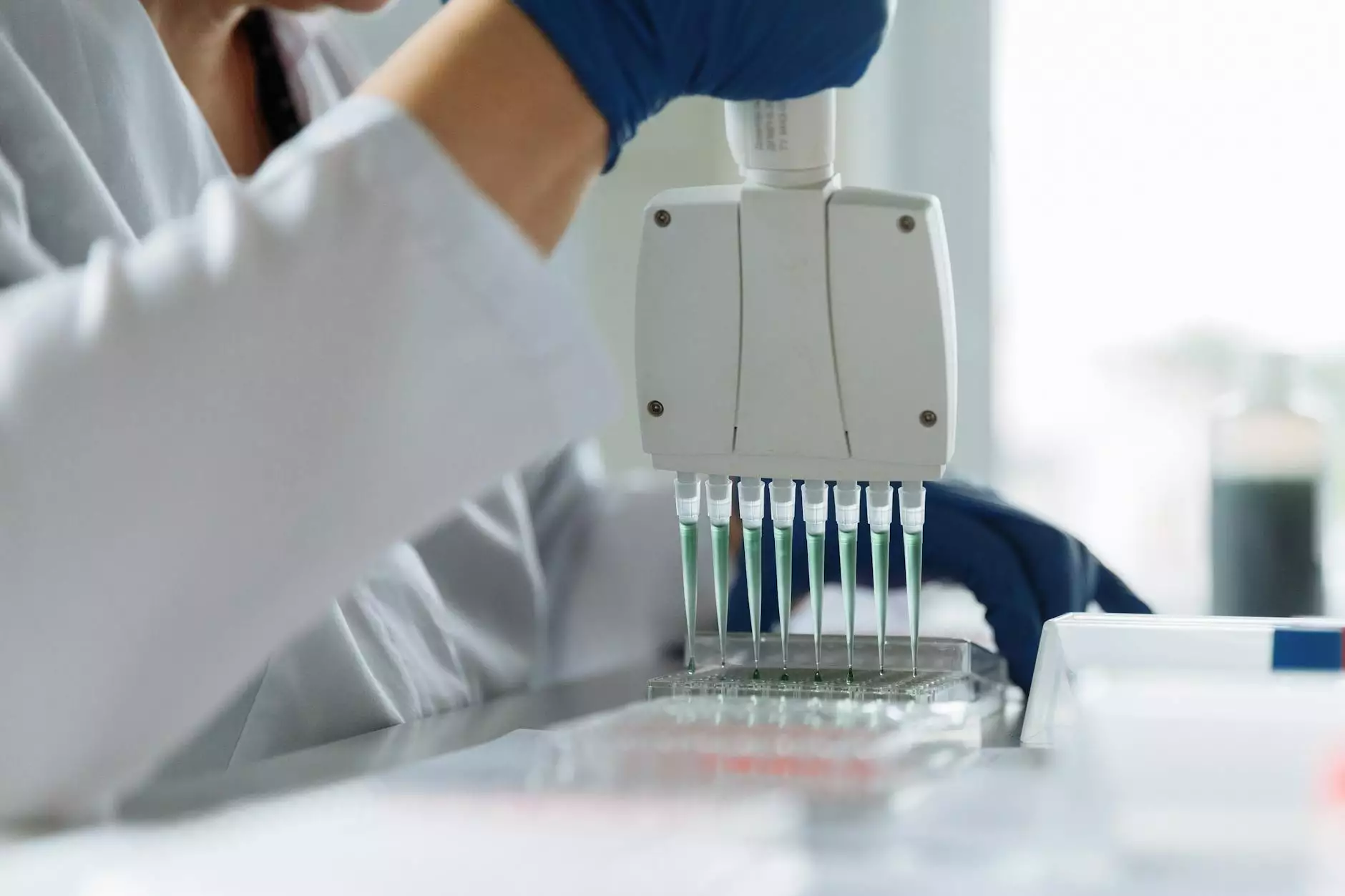Understanding Enzymatic Endoscope Cleaners: A Comprehensive Guide

In the medical supplies industry, the enzymatic endoscope cleaner has emerged as a crucial tool to ensure the safety and efficacy of endoscopic procedures. This article delves into the importance of these cleaners, their operational mechanisms, their benefits, and recommendations for effective usage in health and medical settings.
What is an Enzymatic Endoscope Cleaner?
An enzymatic endoscope cleaner refers to a specialized detergent formulated to clean and disinfect endoscopes and other delicate medical instruments. These cleaning agents utilize enzymes to break down organic matter, such as blood, mucus, and tissue debris, which can contaminate medical devices. By using this kind of cleaner, healthcare providers help protect patients from infections and maintain the operational integrity of their medical instruments.
The Importance of Proper Endoscope Cleaning
Endoscopes are complex medical devices that allow doctors to visualize the interior of a patient’s body. However, if not adequately cleaned, these instruments can harbor pathogens that could lead to serious infections. Here are a few reasons why proper cleaning is vital:
- Infection Prevention: Ensuring all organic material is effectively removed reduces the risk of Healthcare-Associated Infections (HAIs).
- Equipment Longevity: Regular cleaning with appropriate products can extend the lifespan of expensive endoscopes.
- Regulatory Compliance: Compliance with health regulations mandates the use of appropriate cleaning agents, protecting medical facilities from legal repercussions.
How Enzymatic Cleaners Work
The effectiveness of enzymatic cleaners lies in their formulation. These products contain enzymes such as proteases, lipases, and amylases that target specific types of organic materials:
- Proteases: These enzymes break down proteins, which are prevalent in blood and tissue.
- Lipases: Effective against fats, these help to dissolve oily residues.
- Amylases: They work on carbohydrates, ensuring thorough breakdown of all organic materials.
The enzymatic action aids in not only cleaning the instruments but also enhancing the efficacy of subsequent disinfection methods. After being pre-cleaned with enzymatic cleaners, the endoscopes can undergo further disinfection or sterilization procedures.
Benefits of Using Enzymatic Endoscope Cleaners
The advantages of utilizing enzymatic endoscope cleaners are extensive. Consider the following benefits:
- Enhanced Cleaning Efficacy: The enzymatic process is far superior to traditional cleaning methods as it ensures that organic materials are broken down at a molecular level.
- Time-efficient: Cleaning with enzymatic cleaners is often quicker than manual scrubbing, allowing healthcare professionals to save valuable time.
- Environmentally Friendly: Many enzymatic cleaners are biodegradable and less harmful to the environment compared to traditional chemical cleaners.
- Safety for Instruments: Enzymatic cleaners are less abrasive and safer for sensitive medical devices.
Choosing the Right Enzymatic Cleaner
When selecting an enzymatic endoscope cleaner, several factors must be considered to ensure optimal performance:
- Compatibility: It is essential to ensure that the cleaner is compatible with the types of endoscopes being used in the facility.
- Formulation: Opt for products that feature a well-balanced formula of active enzymes for broader cleaning capabilities.
- Product Approval: Always choose cleaners that are proven effective and accredited by relevant health authorities.
Recommended Practices for Using Enzymatic Endoscope Cleaners
Following best practices when utilizing enzymatic cleaners maximizes their benefits. Here are crucial steps to consider:
1. Pre-cleaning Procedures
Immediately after use, it is essential to pre-clean endoscopes with water to remove any residual biological material before applying the enzymatic cleaner. This initial step is vital for optimal results.
2. Dilution Guidelines
Adhere strictly to the manufacturer’s instructions regarding dilution. Over-concentration can lead to instrument damage, while under-concentration may not achieve adequate cleaning.
3. Soaking Time
Respect the recommended soaking time specified for the enzymatic solutions to ensure all organic materials are effectively disintegrated.
4. Thorough Rinsing
After soaking, it is vital to rinse endoscopes thoroughly with distilled or sterile water to remove any cleaning residues, which can otherwise cause irritation to patients.
Common Misconceptions about Enzymatic Cleaners
Despite their advantages, several misconceptions about enzymatic endoscope cleaners exist:
- They are not as effective as chemical cleaners: In reality, enzymatic cleaners effectively break down a wide range of organic materials often missed by conventional cleaners.
- All enzymatic cleaners are the same: Different enzymatic cleaners have different compositions; applicability may vary, emphasizing the need for careful selection.
- They can replace disinfection: While they significantly enhance cleaning, enzymatic cleaners are typically a pre-cleaning step and must be followed by proper disinfection.
Future Trends in Enzymatic Cleaning Technologies
As the healthcare industry evolves, so too will the technologies surrounding cleaning and disinfection. Future trends may include:
- Nanotechnology: Potential advancements in nanotechnology could lead to even more effective enzymatic cleaners with enhanced penetration capabilities.
- Smart Cleaners: Innovations in AI and smart technology may allow for cleaning solutions that self-adjust based on the type of contamination detected.
- Eco-friendly options: Continued demand for sustainable products will likely drive research into greener enzymatic cleaners.
Conclusion
In the realm of Health & Medical and Medical Supplies, understanding and utilizing an efficient enzymatic endoscope cleaner is paramount in providing safe, effective healthcare. By ensuring thorough cleaning and disinfection, healthcare professionals can significantly reduce the risk of infections and extend the lifespan of their instruments.
As medical facilities continue to prioritize patient safety and instrument integrity, the role of enzymatic cleaners will only grow in importance. Institutions are encouraged to invest in high-quality products and adhere to best practices to achieve optimal results and ensure compliance with healthcare standards.
Learn More about Enzymatic Endoscope Cleaners
For medical professionals and institutions eager to adopt or enhance their cleaning protocols, visiting medalkan.com for insights on the latest in healthcare cleaning technologies can be incredibly beneficial. From product reviews to practical tips, it's an essential resource in the pursuit of excellence in patient care.









